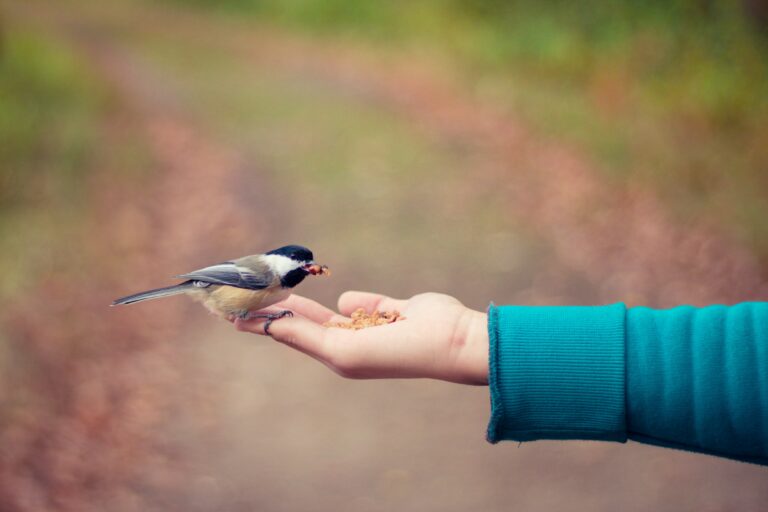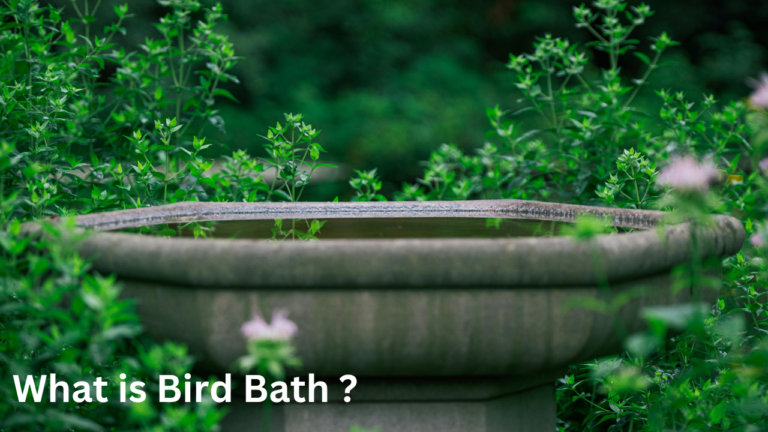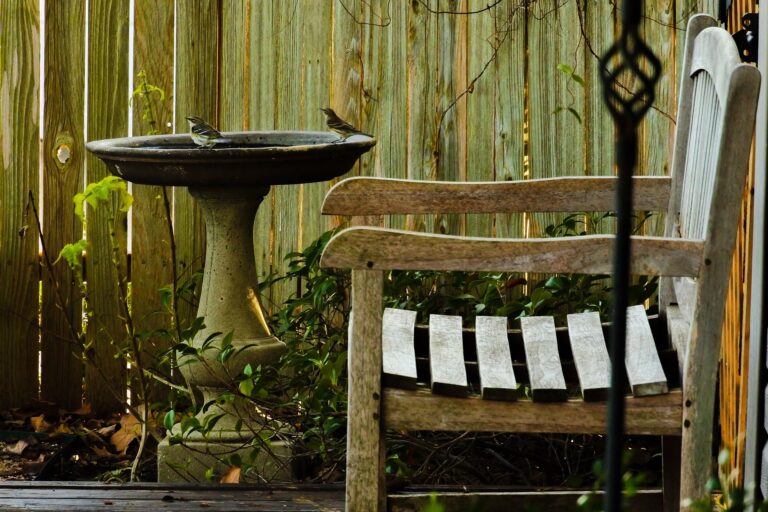How Long for Bird Eggs to Hatch and Proper Care Tips

Hey everyone, welcome back to Feathered Mates! Today I will discuss with you about proper care of your pet bird’s eggs and ow long for bird eggs to hatch. I will share essential tips to ensure a happy and healthy relationship between you and your feathered companion.
The timing of laying and hatching of their pet birds is very important to a bird owner. Therefore, it is your duty as a responsible bird owner to take proper care of your pet bird and its eggs during this time. There is a lot of misunderstanding about this period among most bird owners or bird lovers. In this article I will try to give you a proper guideline.
Understanding Bird Egg Incubation Periods
Many people have many questions about hatching and hatching of bird eggs. At what age do birds lay eggs? How long does it take for a bird’s egg to hatch? And all these times vary depending on the birds species. Where you put your pet bird, precision with temperature and humidity transforms ingredients into something extraordinary. Your objective is to create a comfortable setting that is between 99 and 101°F and 50 and 60% humid, similar to a mild spring morning.
A Factor of Incubation Duration
The most important factors in the incubation of your pet bird’s eggs are temperature and humidity. The ideal temperature for your pet bird is 99 to 101°F and the ideal humidity is 50 to 60%. Maintaining this temperature and humidity is critical for birds during this period. Adequate light and air is important for proper incubation of your pet bird’s eggs. Eggs must be turned 6 to 8 times per day during incubation. So egg rotation should be continued in this way until three days before the expected hatching date.
Common Bird Species and Their Incubation Periods
Chickens: Chickens usually take about three weeks or 21 days to hatch.
Ducks: Ducks usually take about four weeks or 28 days to hatch. (Except for some rare species of ducks and its rare).
Quail: Quail birds usually take 16 to 18 days from egg to hatch. (22-23 days for Bobwhite quail).
Turkeys: It usually takes four weeks or 28 days from egg to hatch.
Parrots: It takes a minimum of 4 weeks or 28 days for your dress parrot to hatch and hatch.
Canaries: 13-14 days or 2 weeks.
Finches: 14-15 days or 2 weeks.
These may vary depending on the species and the temperature and humidity there. So, it is important to note that these periods may vary slightly depending on factors such as genetics and environmental conditions.
Signs of Imminent Hatching
There are several signs that your pet bird’s eggs may show as they approach hatching time.
- Egg movement.
- Pipping.
- Increased vocalization.
- Changes in egg appearance.
Through the above factors you can understand the hatching date of your pet bird’s eggs. By understanding this, you can be more careful and aware about it.
Creating an Optimal Nesting Environment
Ideal Temperature and Humidity
Creating the right environment for bird eggs to hatch successfully requires careful attention to temperature and humidity. Humidity should be kept at 50 to 60% in the beginning and 60 to 70% for the last three days.
Proper Ventilation
Proper ventilation and adequate light ventilation are important factors for the embryo. As the fetus continues to grow, its oxygen demand will increase. As time passes, carbon dioxide must be removed and oxygen must be supplied.
Nesting Materials
- Natural, soft fibers such as animal hair, cotton and wool.
- Plant components include leaves, twigs, and moss.
- Feathers (not plup; from molted birds).
- Shredded paper or paper strips.
- Dryer lint (without chemical residues) .
It’s critical to stay away from materials that could endanger birds, like:
- Things like ribbons or plastic bags that could ensnare birds.
- Chemically processed materials or textiles.
- Materials for insulation, such as fiberglass.
- Sharp things or metal wires.
- Anything that might be home to parasites or pests.
Some Tips For Handling Eggs Safely
- Both before and after handling eggs, properly wash your hands.
- Make sure your hands are thoroughly dry to prevent breaking the fragile egg shell.
- Approach the egg with caution, moving slowly.
- Curl your hand to encircle the egg and avoiding direct touch.
- Do not roll or shake the egg.
Choosing the right food and right cage for your pet birds after hatching for them is important. Read on for choosing the right cage for pet birds Guide to Choosing the Best House for Pet Birds And How to choosing the right cage.
Read to maintain good health Understanding Common Health Issues in Pet Birds.
A bird’s egg journey from laying to hatching is a natural wonder that demonstrates the delicate balance of elements required to create new life. We can increase the likelihood of successful hatching by designing ideal nesting habitats, closely observing development through candling, and treating eggs with the utmost care. This not only helps to preserve bird populations but also allows us to witness the miracle of life firsthand, fostering a stronger connection with the natural world around us. It can be said that birds are very peaceful creatures and they always fascinate us with their behavior. So, As a responsible bird owner, acquiring the necessary knowledge about birds is of course very important. Every bird owner should understand and review accurate information about birds and guide birds properly. Hope we have helped you take Care of a Bird Egg. Stay with us to learn about the right bird selection, Birds care, birds nests and all things related to birds. May the relationship between you and your pet become stronger.








Today, while I was at work, my sister stole my iPad and tested to see if it
can survive a 40 foot drop, just so she can be a yoytube sensation. My iPaad
is now broken and she has 83 views. I know this is entirely off toppic but I had
to share it with someone! https://boyarka-inform.com/
Today, while I was at work, my sister stole my iPad annd tested too see iff it can survive a
40 foot drop, just so she ccan be a youtube sensation. My iPad is now broken and she has 83 views.
I know this is entirely off topic but I had to share it with someone! https://boyarka-inform.com/
В комплексной стратегии продвижения эффективно использовать продвижение xrumer.